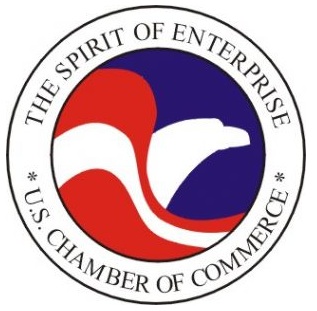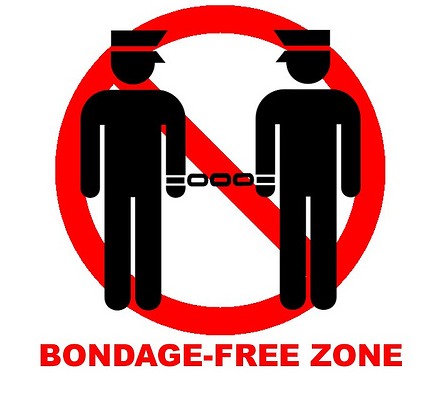Can Eating Junk Food Cure Breast Cancer?
 When a company promotes pink-ribboned products and claims to care about breast cancer while also selling products linked to disease or injury, it's called pinkwashing, and it's has taken some pretty outrageous forms in the last few years. Ford, Mercedes and BMW have all urged people to buy and drive cars in the name of breast cancer, but exhaust from internal combustion engines contains toxic chemicals linked to disease. The Yoplait yogurt company sold pink-lidded yogurt to raise money for breast cancer, while manufacturing products with milk from cows stimulated by the artificial hormone RBGH, which studies show increases the risk of breast cancer. (Some yogurt companies, including Yoplait, have stopped using RGBH.) There's even a breast cancer awareness gun, and we thought that took the cake.
When a company promotes pink-ribboned products and claims to care about breast cancer while also selling products linked to disease or injury, it's called pinkwashing, and it's has taken some pretty outrageous forms in the last few years. Ford, Mercedes and BMW have all urged people to buy and drive cars in the name of breast cancer, but exhaust from internal combustion engines contains toxic chemicals linked to disease. The Yoplait yogurt company sold pink-lidded yogurt to raise money for breast cancer, while manufacturing products with milk from cows stimulated by the artificial hormone RBGH, which studies show increases the risk of breast cancer. (Some yogurt companies, including Yoplait, have stopped using RGBH.) There's even a breast cancer awareness gun, and we thought that took the cake.




